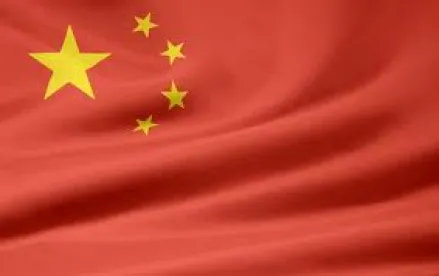On Monday, August 14, President Trump signed an executive memorandum directing U.S. Trade Representative Robert Lighthizer to consider a “Section 301” investigation against China. Now, many of us have heard the phrase Section 301 investigation and, as we do when we are at a party where everyone is talking about that movie we haven’t seen, many of us just nod along. For those of our readers putting on the brave smile, we present bit of background here on the following:
-
What Section 301 is;
-
How an investigations and further trade actions may proceed; and
-
What businesses should be most concerned.
What is a Section 301 Investigation?
“Section 301” is a section of the 1974 Trade Act (see, already you can sound smart with your friends![1]) that enables the U.S. Trade Representative to investigate and impose trade restrictions on foreign countries engaging in unfair trade practices. The unfair practices could include violations of trade agreements or any act or practice that denies a U.S. person’s rights.
In this case, President Trump has asked USTR Robert Lighthizer to investigate the theft of intellectual property such as computer software in China. He also directed the USTR to examine Beijing’s requirement that U.S. companies turn over proprietary technology as a condition of entering China’s markets.
How does a Section 301 Investigation Move Forward?
Typically, the President’s request for an investigation is a preliminary step to a long process: the investigation can take months or years and then, in principle, the United States should take its findings to the WTO and only proceed with sanctions if the WTO also finds that the U.S. has been treated unfairly – its trade rights denied or violated.
To be consistent with WTO obligations, the U.S. government is bound to secure approval under the WTO Dispute Settlement Mechanism prior to enforcing any action against another WTO Member. However, President Trump has indicated that he may use Section 301 to impose sanctions without WTO authorization because it would be quicker.
What Might Result?
The possibilities for potential enforcement actions are very broad. The U.S. government may take any of the following actions, among others:
-
Impose duties or other import restrictions;
-
Impose fees or restrictions on services;
-
Restrict service-sector authorizations
If the United States imposes any of the sanctions listed above, it is nearly certain that China would take retaliatory measures in its own trade policy.
So Who Gains and Who Loses?
The most likely target of a U.S. tariff as a penalty for a Section 301 violation finding, would be Chinese steel. If the U.S. imposes tariffs on Chinese steel, as it has threatened to do, U.S. steel producers would be the most obvious beneficiaries. However, U.S. steel consumers – manufacturing, construction, and automotive industries – may be hurt by the resulting rise in the price of their steel inputs.
Companies looking to China for new markets may also bear the cost of a trade skirmish as their exports to the country may be restricted or burdened with tariffs. Tech companies like Apple whose products proliferate there, luxury brands with caché in Asia, and Hollywood studios who often score as big or bigger at the box office abroad than at home, all have reason to keep an eye on the next moves out of the White House.
*Julien Blanquart contributed to this article.
[1] Note: Discussing 40-year old trade legislation may not be the key to making or keeping friends.



 />i
/>i

